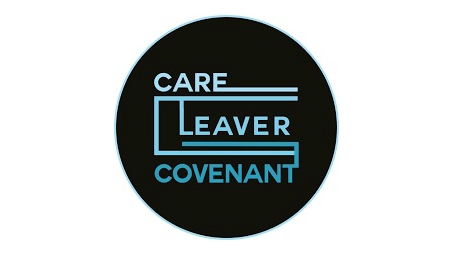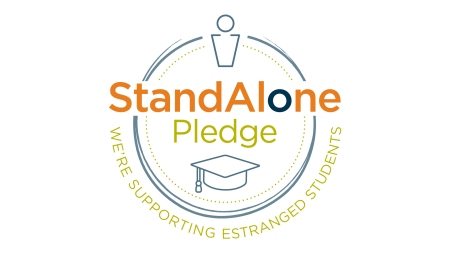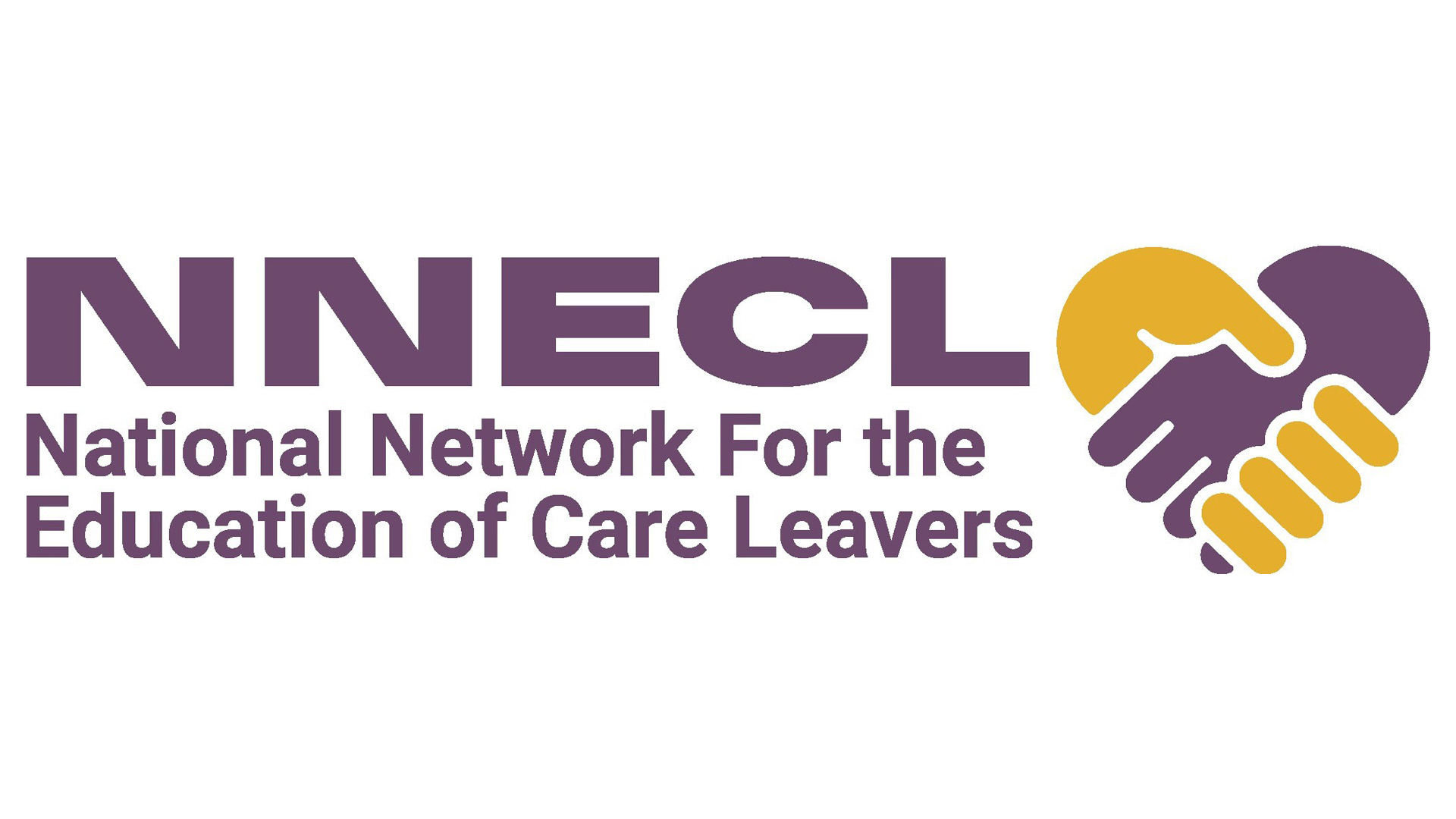Care Experienced and Estranged Students (CEES)
Universities have a responsibility to support all Care Experienced and Estranged Students (CEES), which includes students who are care leavers, care experienced students, and estranged students. At Edge Hill we offer support across the student lifecycle for these student groups, we encourage these students to study at university, support them to succeed whilst at university, and to progress from university into graduate employment or further study. This is an important strand of the University’s Widening Access and Participation work and supports the delivery of our Office for Students regulated Access and Participation Plan.
The toolkit aims to help staff understand the challenges these students can often face in their higher education journeys, and what provision is available to help support them at Edge Hill University.
Edge Hill University is committed to supporting this student group, as shown through our Care Leaver Covenant Signatory, Pledge with Stand Alone and National Network for the Education of Care Leavers (NNECL) Quality mark award in recognition of our ongoing commitment to achieve the best outcomes for students with experience of care.
Definitions regarding a care experienced, or estranged person are complex and are often open to different interpretations. When defining these student groups, the University uses guidance produced by the Office for Students and NNECL (National Network for the Education of Care Leavers).
Students from these groups can often choose to not self-declare their status for various reasons, including feelings of stigma and not wanting others to know about their background. However, at Edge Hill University, the number of students from these groups known to us has grown over time.
It is important to note, that as an academic member of staff, including being a Personal Tutor, unless a student chooses to disclose to you whether they are estranged, a care leaver or care experienced, you currently would not be provided with this information.
| What To Say/Do | What Not To Say/Do |
|---|---|
| Use the term ‘supporters’ rather than family, parents, or mum and dad where possible. For example, ‘we’re looking forward to seeing our students and their supporters at Graduation!’ | Avoid making reference to phrases that assume all students have a traditional family arrangement. |
| Have an understanding and empathy for Care Experienced and Estranged Students (CEES), and the varied experiences they will have had. | Avoid making assumptions about Care Experienced and Estranged Students (CEES). Not all students will have had a traumatic experience or spent time within local authority care. For example, some students may have been adopted from a young age and have a positive relationship with their adoptive family. |
| If you become aware that a student you are supporting is a care leaver, care experienced or estranged, encourage and support them to make themselves known to the Student Support team. The team will then be able to advise this student group of additional support (including a bursary) that they may be eligible for. The student can then choose to engage with as much or as little of the support available as they wish. | We have support staff at the University who are aware of the various ways in which these students may require specific support due to their circumstances. Rather than trying to support this student independently, please refer students to the Student Support team who can use their knowledge to advise this student, and/or work with you to support the student. |
| Be mindful that many of these students will be living on campus or in student accommodation all year, often with no family home to visit during the holidays. Check in with them, and ensure they are signposted to what support is available on campus. | The holiday periods are windows in which this student group become particularly vulnerable. Don’t make assumptions that all students ‘go home’ for Christmas, Easter and Summer. Many of our Care Experienced and Estranged Students (CEES)remain on campus during these periods. |
| Trust and relationships may be difficult for this cohort, it is therefore helpful to allocate a consistent Personal Tutor where possible to provide stability and consistency. | Try to avoid situations where the student will have to re-tell their story to several members of staff to get the support they may need. |
| Provide enhanced support for progression after university. This student group are likely to feel particularly anxious about graduating as they are likely to not have a family home to return to as they start their graduate career. Refer the student for Careers support as early as possible in their student journey. | Avoid making assumptions about all graduates having the option to return ‘home’ after University, or that they will have their parents attending their graduation. Avoid referring students to Careers late in their student journey, an early referral will allow the student to develop a relationship with Careers and benefit from the support available prior to graduation. |
If you are supporting a student who you believe may be a care leaver, care experienced or estranged student and it would be more suitable for them to be referred for additional support, please recommend that they speak to the Student Support team ([email protected]) who can case manage this student’s needs to ensure they access the services they need.
- Pre-entry information for students about support available including financial support, accommodation support and emotional support.
- Ensure that staff are aware of the support available and how to signpost to it.
- Don’t make assumptions about students who have been in care, for example don’t assume they have had a traumatic experience, however having an awareness, and empathy for this cohort of students and their experiences is important.
- Trust and relationships may be difficult for this cohort, it is therefore helpful to allocate a consistent personal tutor where possible to provide stability and consistency.
- A flexible approach, for student from this cohort, particularly around deadlines can be helpful.
- Be aware that some of these students may be parents themselves, and they may experience childcare pressures because of a lack of family support.
- Be mindful that many of these students will be living on campus or in student accommodation all year with no family home to visit during the holidays, check-in with them, and ensure they are signposted to what support is available.
- Be aware that some students may choose to live off-campus on their own and commute, and isolation may be a challenge for them.
- Provide support for progression after university for third year students.
Can provide support and advice about what financial support can be provided to students while at university.
The accommodation team can provide advice around housing both on campus and off-campus.
Can provide practical and emotional support and advice for Care Experienced and Estranged Students (CEES).
Counselling and Wellbeing Team
Can provide ongoing specialist emotional support for Care Experienced and Estranged Students (CEES)
Can provide support and advice around reasonable adjustments, and practical support for support students with a disability or medical condition.
Widening Access and Participation Team
If you would like to know more about the support we offer our Care Experienced and Estranged Students (CEES) across their student journey, please see our support pre-arrival and our support within Student Services for current students, or contact the Widening Access and Participation Team at [email protected] to learn more about the University’s approach to Access and Participation for underrepresented student groups.
The Care Experienced and Estranged Student Handbook
Edge Hill’s care Leaver Covenant Details
Edge Hill’s Stand-Alone Pledge
Office for Students effective practice guide for Estranged Students
Office for students effective practice guide for Care Experienced and Looked After Children
Pathways to University from Care – YouTube
Uni Connect Role Models Video – Care Experienced Students – YouTube
Rees Foundation | Everyone needs someone to talk to – Rees Foundation
NAPAC – Supporting Recovery From Childhood Abuse
The This Is Us podcast) is by and for care leavers and estranged students, and will be hosting a live chat at 8.00pm on weeknights throughout the pandemic.
Pathways to University from Care from the University of Sheffield.


